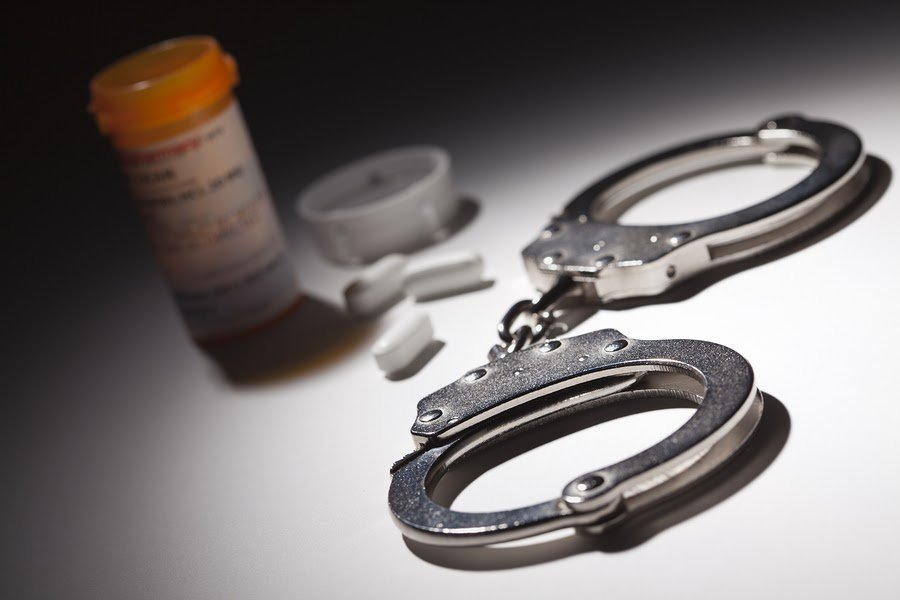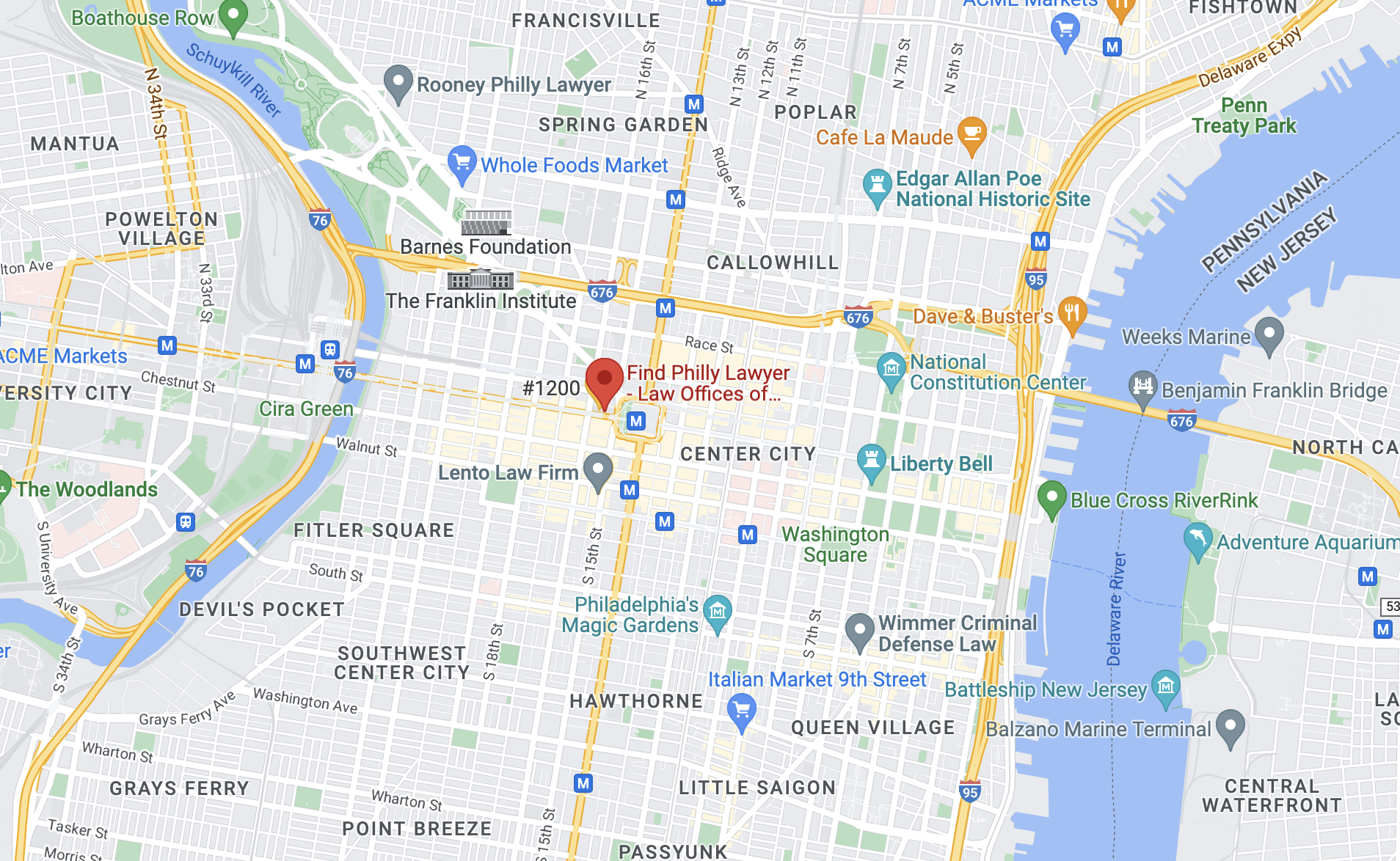The power of law enforcement has been debated for as long as we have had established police forces. Police have broad powers to investigate criminal activity, including the power to search personal property. However, the police are subject to heavy restrictions regarding privacy.
If specific conditions are met, it is legal for the police to search your car in Pennsylvania. Vehicle searches generally require a search warrant, although warrantless searches may also be legal. Law enforcement needs reasonable suspicion to pull you over, probable cause that evidence is in your vehicle, and an exigent or emergency circumstance to justify a warrantless vehicle search. At the end of 2020, the Supreme Court of Pennsylvania held that a vehicles’ mobility is no longer an exigent circumstance.
If the police searched your vehicle and you are now facing criminal charges, call our Philadelphia criminal defense lawyers for help. If the search was illegal, we can work to suppress the evidence. Call The Liberty Law Team at (215) 826-3314 to start your case with a free initial evaluation.
Search Warrants for Vehicle Searches in Pennsylvania
Vehicle searches must adhere to the same rules and requirements as other searches and seizures. Primarily, a vehicle search must be authorized by a valid search warrant. Search warrants are requested by the police when they believe they will find evidence of a crime in a particularly private location, like someone’s home or vehicle. The warrant must be reviewed and approved by a judge or magistrate. Our Philadelphia attorney for serious traffic offenses can help you determine if your search was lawful.
Search warrants are not like free passes for the police to search and seize whatever they want. Search warrants must specifically state the place to be searched and the evidence expected to be found. Warrants must also include the probable cause that supports the warrant in the first place. A search conducted outside the parameters of a warrant could be challenged, and any evidence seized outside the warrant’s restrictions could be suppressed.
Search warrants can take a bit of time to get approved, and evidence could be lost in that time. Law enforcement’s interest in preserving evidence sometimes allows them to conduct searches without a warrant. Specific conditions must be met in such cases for the warrantless search to be legal.
Can the Police Search My Car Without a Search Warrant in Pennsylvania?
The issue of cars being searched by the police has been argued and debated many times in many courts. In Pennsylvania, previous rules used to allow the police to search a car if they had reasonable suspicion to pull a driver over, probable cause that evidence of a crime is in the vehicle, and an exigent circumstance. However, at the end of 2020, the Supreme Court of Pennsylvania decided in Commonwealth v. Alexander that exigent circumstances no longer include the vehicle’s mobility.
In the Alexander case, the Pennsylvania Supreme Court decided that the state constitution’s standard for vehicle searches was stricter than the federal standard and offered greater protection for people’s privacy. Before, probable cause and the car’s mobility were often enough to justify a warrantless search of a car. Now, however, the police must also show additional exigent or emergency circumstances beyond a car’s mobility that made getting a search warrant impossible or impractical. The Court specifically stated that a car’s mobility is no longer considered a valid exigent circumstance. The mere fact that the evidence could be moved is not enough to justify a warrantless search.
Given how recent this case is, there may be many questions in the future about what makes an exigent or emergency circumstance. If your car was searched and you believe there was no exigent circumstance, our Bucks County criminal defense attorneys may be able to help.
What Is Probable Cause for a Search of My Car In Pennsylvania?
All traffic stops, even for minor violations, must be supported by reasonable suspicion. This legal standard prevents the police from stopping people arbitrarily or for unlawful reasons like race or ethnicity. If the police want to search your car after stopping you, they must have probable cause that evidence is in your car. Probable cause is a higher standard, and if prosecutors cannot prove it exists, our Pennsylvania criminal defense attorneys can demand your charges be dropped or dismissed.
The legal standard for probable cause is hard to pin down. Probable cause could be justified by real physical evidence of a crime or observations made by a police officer. Probable cause is typically examined on a case-by-case basis. The totality of the circumstances of a particular search must be analyzed to determine whether probable cause did indeed exist.
Probable cause must be more than a mere hunch, intuition, or gut instinct. The police must have reasonable and articulable evidence supporting claims of probable cause. However, the supporting evidence need not be definitive proof of a crime.
How to Fight an Illegal Search of Your Car in Pennsylvania
It might be difficult to know if the police can legally search your car until it is too late. People often have a hard time saying no to a police officer, even if they are within their rights to do so. However, if the police searched your car with no warrant and there were no exigent circumstances, their search may have been illegal.
We can help you challenge and hopefully suppress any evidence illegally seized from your car. Our Delaware County criminal defense attorneys can file pre-trial motions to suppress illegally obtained evidence and keep it from being used against you in court. This will require successfully arguing that the police did not meet all of the requirements necessary to search your car without a warrant.
Contact Our Pennsylvania Criminal Defense Attorneys for Assistance
If the authorities searched your car, you might have grounds to challenge the search. Our Northeast Philadelphia criminal defense attorneys can help you fight the evidence from the search and any resulting criminal charges. Call The Liberty Law Team at (215) 826-3314 to begin with a free initial case review.





 Liberty Law Team
Liberty Law Team  (215) 826-3314
(215) 826-3314 lonny@libertylawteam.com
lonny@libertylawteam.com





